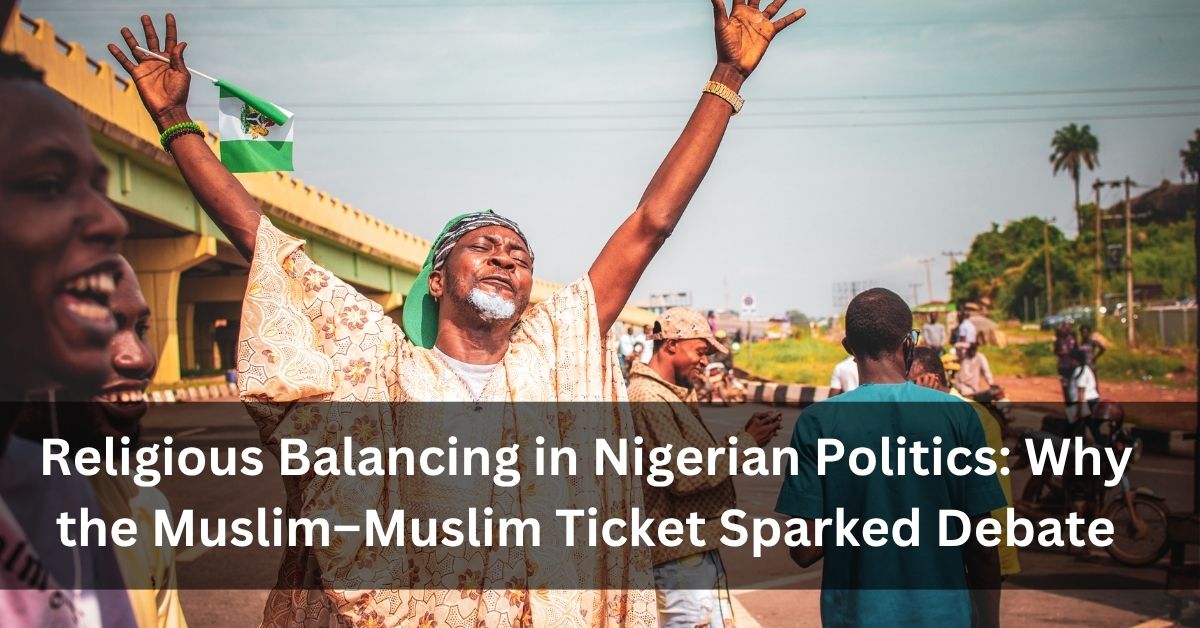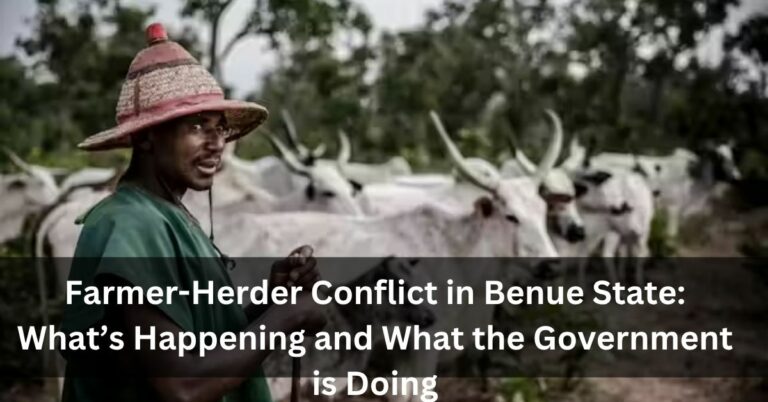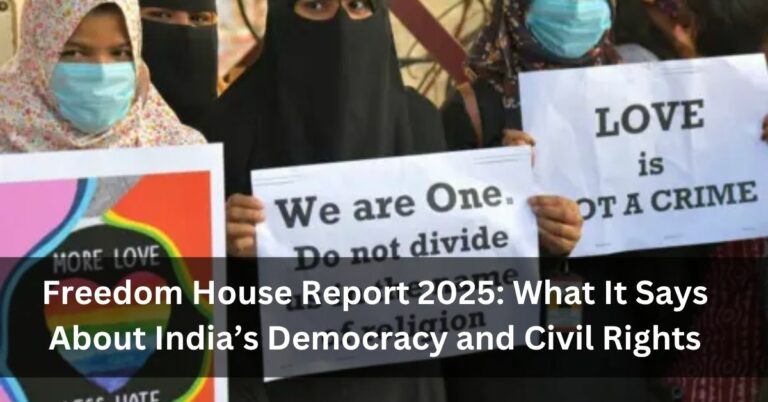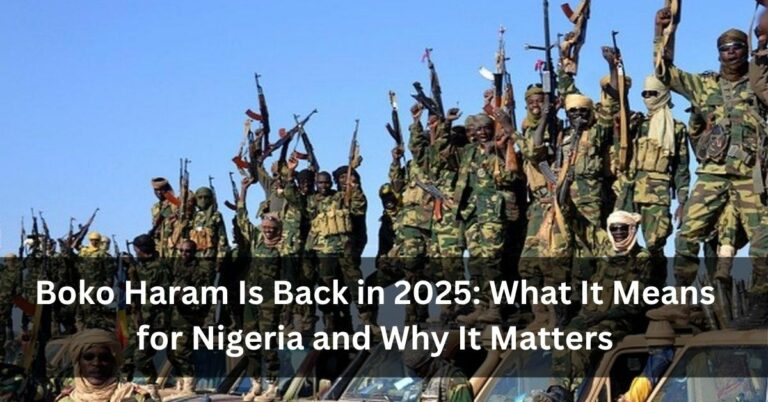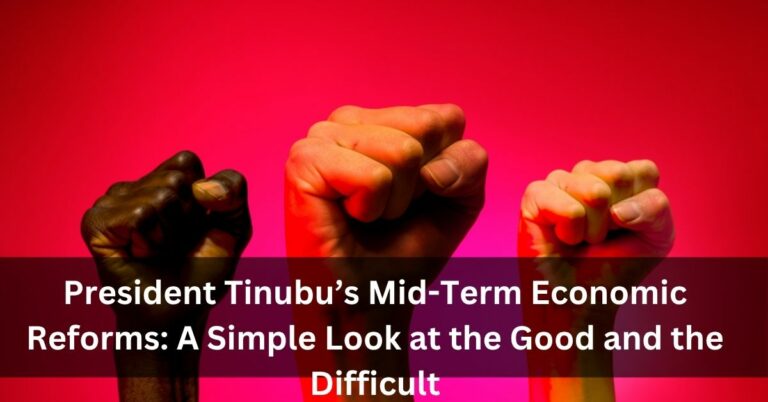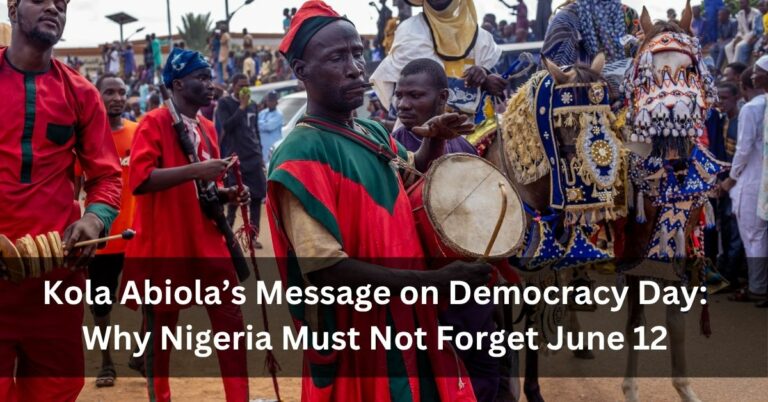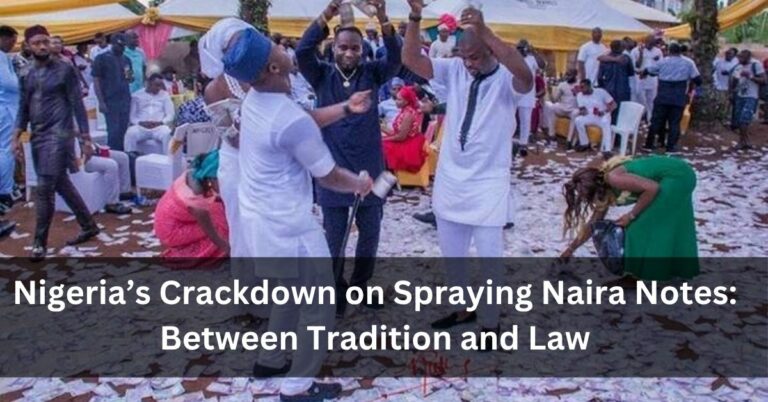Religious Balancing in Nigerian Politics: Why the Muslim–Muslim Ticket Sparked Debate
In Nigeria, religion plays a very important role in daily life, especially when it comes to politics. The country is mostly made up of two major religions—Islam and Christianity. So, when political leaders choose candidates for elections, they usually try to keep things balanced. Most times, this means choosing one Christian and one Muslim for top positions like President and Vice President.
But in 2023, something different happened that got people talking. The All Progressives Congress (APC), which is Nigeria’s ruling party, decided to go with a Muslim–Muslim ticket for the presidential election. That decision led to a lot of debate and mixed reactions. People were asking: Is this fair? Will this affect national unity? Let’s break down what this means, why it matters, and what people are saying.
You can always catch the latest political news on Nairaland, where topics like this are discussed every day.
What Happened in the 2023 Election?
In the 2023 general elections, the APC picked Bola Tinubu, a Muslim from the southwest, as its presidential candidate. He then chose Kashim Shettima, also a Muslim, from the northeast, as his running mate.
Usually in Nigeria, one candidate is a Muslim and the other is a Christian. This practice is seen as a way to make everyone feel included, especially since religion is a very sensitive topic in the country. So, when Tinubu and Shettima were both Muslims, many Nigerians—especially Christians—felt concerned.
Why Do People Care About Religious Balance?
In a country as diverse as Nigeria, sharing power between different religious and ethnic groups is seen as a way to keep the peace. The idea is simple: if people from both major religions are in power, then no group feels left out.
Many Christians felt that the Muslim–Muslim ticket ignored this balance. They worried that it could lead to more tension between communities. Religious leaders, especially from the Christian side, spoke out and said this decision might not be good for national unity.
This topic became one of the most talked-about political issues on Nairaland, where users from across Nigeria shared their views.
What Supporters of the Muslim–Muslim Ticket Said
Not everyone was against the idea. Some Nigerians, especially APC supporters, said religion should not be the main focus. They believed what really matters is the ability of the leaders to do their job well.
They argued that Tinubu and Shettima had the experience needed to lead the country, and that choosing someone just because of their religion was not the right approach. For them, what Nigeria needs most is good leadership—no matter the religion.
This kind of discussion shows how different people view politics, and it’s why platforms like Nairaland are useful for understanding public opinion.
Has This Happened Before?
Yes, something like this happened in the past. In 1993, Nigeria also had a Muslim–Muslim ticket. Moshood Abiola and Babagana Kingibe ran together for the presidency and won the election. But the result was later cancelled by the military government, which led to protests and unrest.
Many older Nigerians remember that time and were reminded of it during the 2023 election. This history is one reason why many people are cautious about repeating the same pattern.
What Was the Reaction?
The decision caused disagreements even within the APC itself. Some members of the party resigned or complained, saying the move was not in line with the spirit of fairness. Outside the party, civil society groups, churches, and regular citizens spoke out. There were protests and calls for the ticket to be changed, but the party stood by its choice.
People also expressed their opinions on social media and forums like Nairaland, where discussions around politics and religion often get a lot of attention.
What’s the Bigger Picture?
This issue is about more than just one election. It’s about how Nigeria handles its diversity. With more than 200 million people from many different religions and ethnic groups, making sure everyone feels included is not easy.
Some people think the Muslim–Muslim ticket is a step backward. Others say it’s a step forward, where leaders are chosen based on their skills, not their religion. What’s clear is that many Nigerians are paying close attention, and they expect future leaders to think carefully about such decisions.
What Can We Learn?
Politics in Nigeria is deeply connected to religion. That’s why the Muslim–Muslim ticket became such a big issue. It tells us that people care not just about who wins an election, but also about how those choices reflect fairness and unity.
Whether this move helped or hurt the APC will be judged over time. But one thing is sure: leaders must always listen to the people and understand their concerns.
To follow more political stories like this and see what everyday Nigerians are saying, check out Nairaland, one of the country’s most active online communities.
Final Thoughts
The 2023 elections gave Nigerians a lot to think about. Religious balance in politics remains a sensitive topic, and how it’s handled can shape the country’s future. While some people believe in choosing leaders based on skills alone, others feel strongly that fairness across religious lines must not be ignored.
The debate around the Muslim–Muslim ticket shows just how important it is to talk about these things openly. Platforms like Nairaland are helping people have those conversations every day.
Stay informed and keep reading more on Nairaland for updates on Nigerian politics and what it means for everyone involved.

